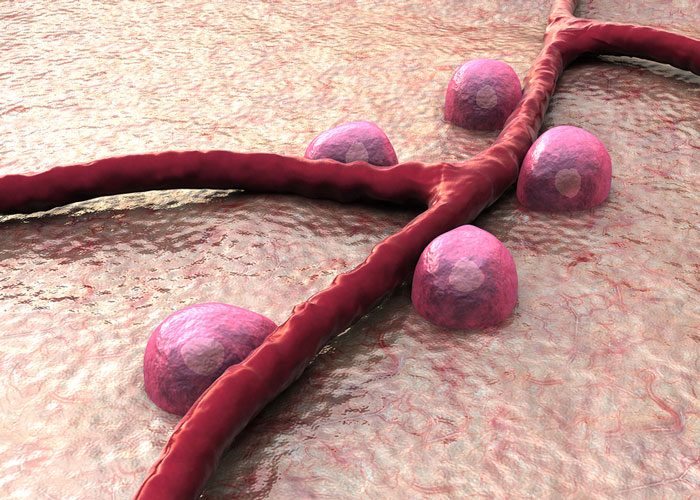Uncovering the changes to β-cells at the onset of type 1 diabetes
Posted: 27 February 2024 | Drug Target Review | No comments yet
A new study provides more clarity about the immune events surrounding the onset of T1D, including a new mechanism that could be used for β-cell protection.

Researchers from the Joslin Diabetes Center have uncovered the specific changes β-cells go through at the onset of type 1 diabetes (T1D), a chronic autoimmune disease that eight million people suffer from globally. The new study’s results offer potential avenues for targeted interventions.
T1D causes the body to destroy its own insulin producing β-cells in the pancreas, resulting in a lack of insulin and inability to regulate blood sugar. Although the reasons behind this is unknown, some evidence suggests environmental factors like viral infections, or genetics. Dr Rohit Kulkarni, Margaret A. Congleton Chair and Co-Head of the Section on Islet & Regenerative Biology at Joslin Diabetes Center, explained: “In the field of Type 1 diabetes, research has largely focused on understanding the immune component, but our study argues that the β-cell is a significant player…Our findings suggest that the β-cell could be initiating key events which then promote the autoimmune mechanism to go awry. It’s a paradigm shifting approach.”
N6-methyladenosine
The team conducted a series of experiments with β-cells derived from a mouse model of T1D, as well as from humans with established T1D to elucidate the signalling pathway that controls the innate immune response at the onset of T1D. One pathway that influences the immune characteristics of β-cells was identified: N6-methyladenosine (m6A). This is an adaptive β-cell safeguard mechanism has a crucial part in the response of β-cells during T1D onset. Adjusting this enabled the scientists to influence the levels of an important protein along this pathway, which led to a prominent delay in the progression of the disease in a mouse model of T1D.
Lead author of the study Dr Dario De Jesus, Research Associate in the Kulkarni Lab and Instructor in Medicine at Harvard Medical School, confirmed that the key enzyme METTL3 is essential for regulating β-cell antiviral defences. When METTL3 levels were low in the late stages of T1D, it hinted that higher METTL3 levels protect β-cells from dysfunction. The team successfully delayed progression of the disease by enhancing METTL3 production in the mouse model.
Dr De Jesus stated: “This discovery suggests that interventions to boost METTL3 levels is a potential strategy to protect β-cells and slow down progression of Type 1 diabetes.”
This evidence provides more clarity about the immune events surrounding the onset of T1D, including a new mechanism that could be used for β-cell protection. The team also demonstrated that the enzyme METTL3 has the potential to promote β-cell survival and function during disease progression.
“It is notable that this pathway has commercially available compounds that have been used in the context of other diseases,” commented Dr Kulkarni, who is also a professor of medicine at Harvard Medical School. “While it’s a different target, it’s an approach which has been shown to work. Among our next steps, we will focus on identifying specific molecules and pathways that can be harnessed to enhance protection of the β-cell.”
This study was published in Nature Cell Biology.
Related topics
Disease Research, Drug Targets
Related conditions
type 1 diabetes mellitus
Related organisations
Joslin Diabetes Center







